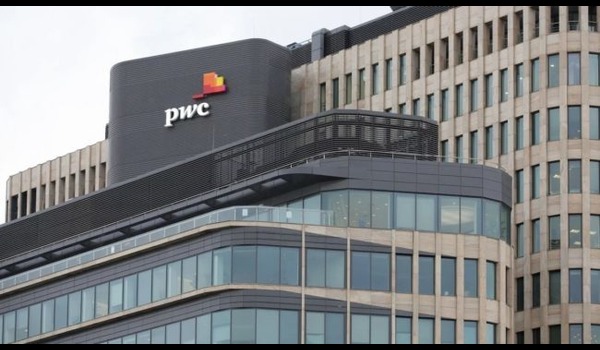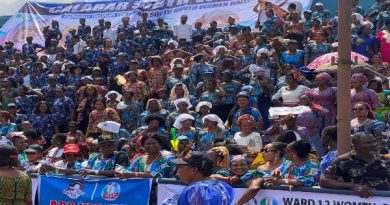PwC dissuades government against abrupt ban on solar panel imports, proposes phase veto
PwC Nigeria has cautioned the Federal Government against implementing an immediate ban on solar panel imports, warning that such a move could disrupt the country’s clean energy sector, drive up project costs, and hamper Nigeria’s ongoing electrification efforts.
The advisory firm in its recent policy analysis, recommended a phased reduction in imports over a three to five-year period instead of a sudden restriction. PwC argued that without sufficient local manufacturing capacity, an abrupt ban could severely disrupt off-grid electrification programs and reverse gains in expanding energy access to underserved communities.
Mr. Bimbola Banjo, Partner, Energy, Utilities and Resources at PwC Nigeria said, “An abrupt policy shift risks triggering severe supply constraints, escalating the cost of solar technologies, and making clean energy inaccessible for many Nigerians.”
“A phased approach, involving import quotas, progressive tariffs, and blended procurement models, offers a more sustainable pathway to industrialization,” he said.
Recall the import restriction policy—proposed by the Ministry of Science and Technology aims to encourage local production, reduce reliance on foreign technology, and boost job creation in the manufacturing sector.
But the professional services firm warned that Nigeria’s current manufacturing infrastructure lacks the scale, technological capacity, and quality control systems necessary to replace imports in the short term.
The report also highlighted the urgent need for workforce development. PwC called for the creation of a national renewable energy skills framework, supported through partnerships with universities, technical institutions, and research bodies, to ensure a skilled labour pool capable of driving a local manufacturing ecosystem.
Investor confidence, the firm added, could also be jeopardized by unclear policy timelines, standards, and exemption rules. PwC noted that such uncertainty may undermine the business models of mini-grid developers and clean energy startups, threatening much-needed capital inflows into the sector.
“A sudden restriction without a parallel support mechanism will disrupt supply chains, stall project deployments, and deter investment in Nigeria’s renewable energy sector,” said Godson Ikiebey, Senior Manager, Sustainability and Climate Change at PwC Nigeria.
To ensure a smooth transition to local manufacturing, the firm recommended a comprehensive package of fiscal and infrastructure incentives. These include expanded tax holidays, customs waivers, concessional finance facilities, and the development of renewable energy industrial zones to provide manufacturers with access to shared infrastructure and efficient transport logistics.
“Beyond fiscal incentives, Nigeria must streamline regulatory approvals, strengthen inter-agency coordination, and address infrastructural bottlenecks that currently hinder industrial growth,” said Emeka Chime, Associate Director, Tax and Regulatory Services at PwC Nigeria.
Quality assurance was also highlighted as a priority. PwC urged the Standards Organisation of Nigeria, Nigeria Electricity Management Service Agency, and Nigeria Electricity Regulatory Commission to adopt internationally aligned certification standards to protect consumers and build trust in locally manufactured solar products.
To monitor policy outcomes and ensure transparency, PwC recommended the establishment of a robust monitoring and evaluation framework. Key indicators such as local production volumes, job creation, and cost reductions should be tracked regularly to guide policy adjustments and maintain alignment with Nigeria’s clean energy goals.
“Industrialization and energy access must be pursued in tandem. A phased approach, backed by strategic incentives and rigorous quality standards, will enable Nigeria to develop a robust solar manufacturing ecosystem without compromising its electrification ambitions,” Banjo added.
And while acknowledging as laudable the Federal Government’s objective of localizing solar panel production PwC cautioned that a carefully sequenced and stakeholder-aligned implementation plan is critical to ensuring the policy does not accidentally hinder Nigeria’s energy transition plan.




